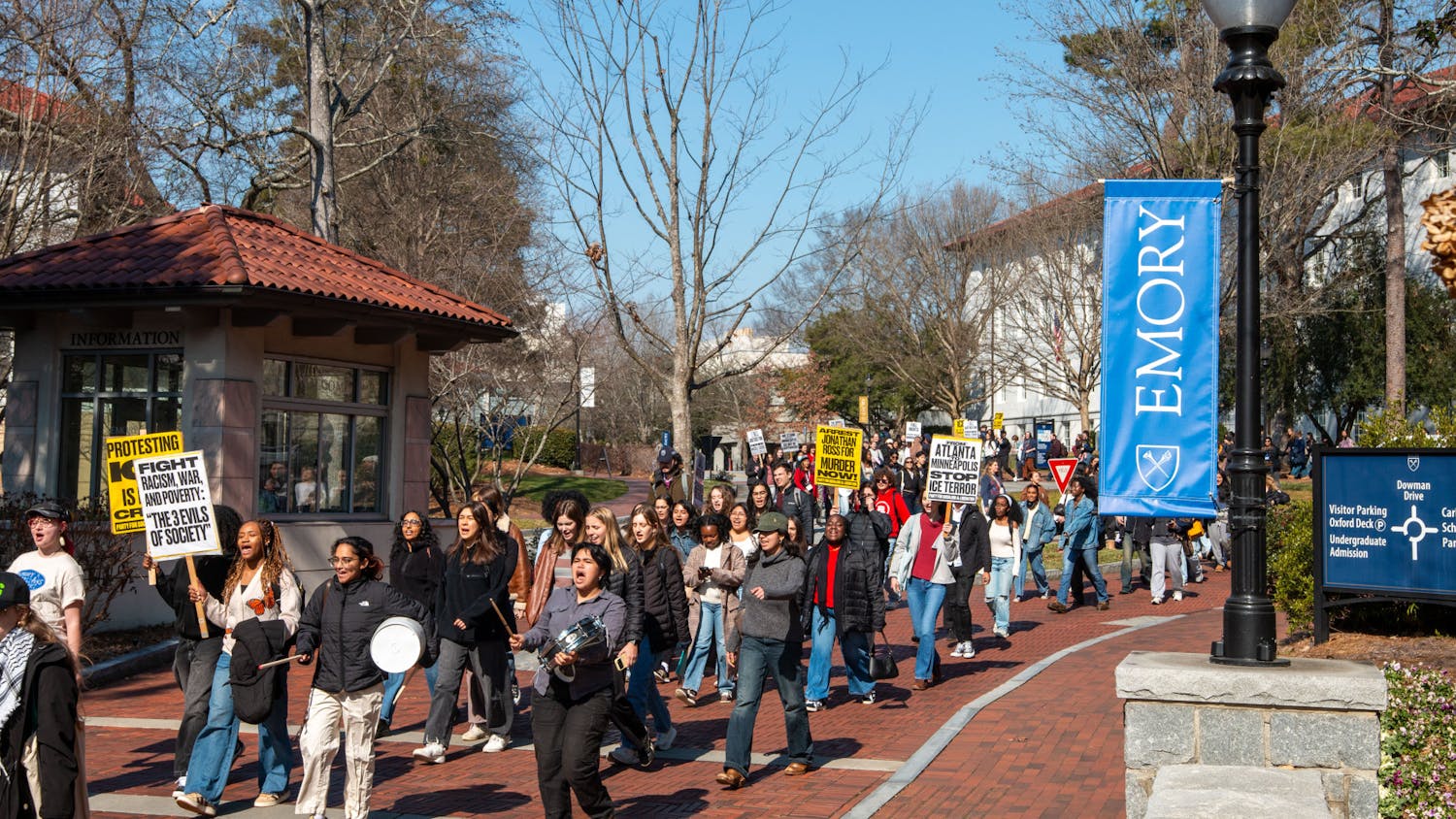
The words “Christmas Classic,” and “Date-Rape Anthem” are rarely ever asserted in the same sentence. Yet these words have consistently been used to describe the infamous Christmas song “Baby, It’s Cold Outside.” After all, in our era of #MeToo, any reference to the historical ignorance of a woman’s consent is justifiably crucified, no matter how remote or overt.
Although the debate around “Baby, It’s Cold Outside” pops up every winter like snow on a crisp Chicago morning, its significance has never been more poignant, especially with John Legend and Kelly Clarkson’s rekindling of the infamous song. In their re-imagination, the song carries new meaning; instead of convincing the woman to stay, the man calls her a car to go home after a night of debauchery and revelrous drinking.
Legend and Clarkson, both famed singer-songwriters revered for their unparalleled musical talents that have brought the world classics such as “All of Me” and “Since U Been Gone,” are being criticized for their confusing and somewhat superficial version of “Baby, It’s Cold Outside.” Despite these contemporary “The Voice” coaches, and American paradigms’ naive intentions to resurrect “Baby, It’s Cold Outside” in a more politically abreast sense, the result is obtuse and flawed, to say the least.
Written by Frank Loesser in 1944, this duet between a man and a woman lends itself to an annual controversy, as it depicts a man hinging over a woman and ignoring her desire to leave his house while she wonders what’s in her drink. The original’s lines, “Say, what’s in this drink?/No cabs to be had out there,” are replaced with, “If I have one more drink,” sung by the host of “The Kelly Clarkson Show,” to which the 10-time Grammy Award-winner responds, “It’s your body and your choice.”
“Baby, It’s Cold Outside” won the Academy Award for “Best Original Song” in 1950 and has ironically been supported by some feminists arguing that the song actually advocates for women’s empowerment by encouraging their sexual liberation and agency to make independent choices. Obviously problematic lyrics such as “I ought to say, no, no, no, sir/Mind if I move in closer?” make it incredibly challenging to accept this perspective, however.
We are in a cultural moment when the voices of women are finally being listened to, not simply heard and concurrently forgotten. The Time’s Up and #MeToo campaigns have gained momentum because women have demanded change and are claiming the power and respect that they are due. In light of this progressive age, one might wonder about the need to reignite a song that is blatantly in contempt of the principles of equality, justice and the integrity of women without any particularly good reason.
Why not leave this baffling, half-hearted re-imagination of a notorious song in the past where it belongs, along with all the rest of the pop culture blunders including Katy Perry’s “Ur So Gay” and Taylor Swift’s “Picture to Burn?”
Clarkson and Legend’s regeneration of “Baby, It’s Cold Outside” is not an exceptional occurrence since many a couple has delivered this duet in the past, namely the scandalous scene from the movie “Elf,” without paying much attention to its sexist and misogynistic lyrics. Additionally, the dispute over this song is not a new one, and neither are the observations of its chauvinism and bigotry, as radio stations began to ban the song after the Time’s Up movement surfaced, including Cleveland’s WDOK, asserting that it has “no place” in the #MeToo period.
Clarkson and Legend rewriting some of “Baby, It’s Cold Outside”s lyrics in an attempt to please older generations that have the song ingrained in their vision of an ideal Christmas, as well as the reformist younger crop, is unfruitful. The final result is as baffling as their silence to the question, “Why didn’t you just write a new song?”
Protesting, boycotting and overcorrecting are eternal hallmarks and symbols of the American psyche, and Clarkson and Legend’s meager version of “Baby, It’s Cold Outside” should be no exception to these sentiments. Both new and old renditions of “Baby, It’s Cold Outside” must be banned from all soundwaves to finally end this relentless cycle of propagating untimely, cynical and frankly false messages to unsuspecting consumers of pop culture. Ultimately, “Baby, It’s Cold Outside” must be left outside our conscience this winter because the Christmas classic has undoubtedly aged poorly









